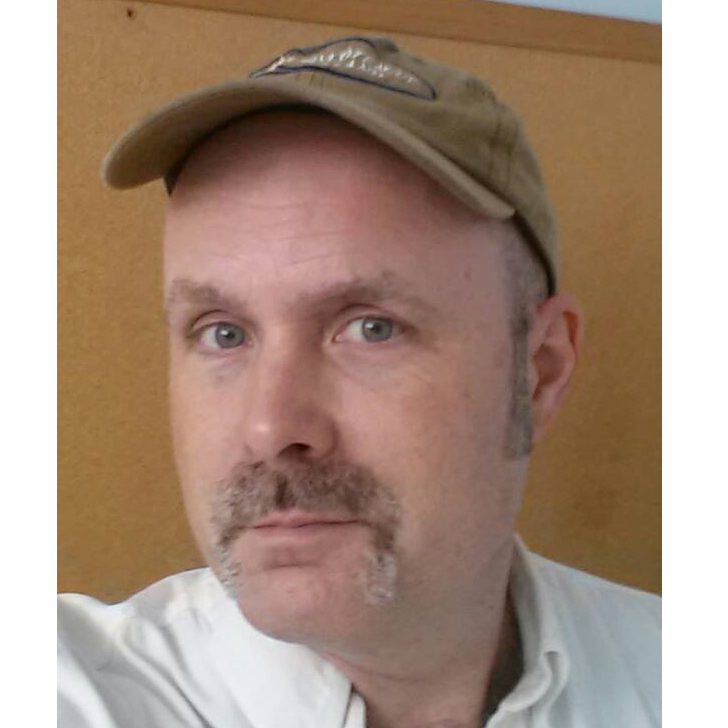Dean leads effort to maintain graveyards
CHURCH CREEK — “Show me your cemeteries, and I will tell you what kind of people you have,” Benjamin Franklin once said. That might mean Dorchester County has some conscientious and …

You must be a member to read this story.
Join our family of readers for as little as $5 per month and support local, unbiased journalism.
Already a member? Log in to continue. Otherwise, follow the link below to join.
Please log in to continue |
Dean leads effort to maintain graveyards
CHURCH CREEK — “Show me your cemeteries, and I will tell you what kind of people you have,” Benjamin Franklin once said. That might mean Dorchester County has some conscientious and caring citizens, though sometimes maybe a bit forgetful.
Eddie Dean is working to remind them how important local cemeteries are, and has been leading volunteers to maintain and beautify local graveyards. In the process he is uncovering the area’s history and heritage.
“This is something the communities need,” Mr. Dean said. “We live in a very history-rich area.”
His own family’s story reaches back to the early days of European settlement, with his 10th great-grandfather having sailed here on his own ship, Mr. Dean said. One of that man’s sons settled in Bishops Head at the southern tip of the county, a spot Mr. Dean calls his hometown.
That area serves as warning and encouragement for his work. On his grandfather’s property, Mr. Dean said, a cemetery is “completely gone,” washed away by the Bay.
Getting started
About a year ago, he was involved in restoration work at Anchor of Hope Cemetery in Hoopersville, where the Chesapeake’s waves and resulting erosion have taken some graves, and left others partially exposed.
After that, he went to Mt. Zion near Hurlock, and Moose Lodge Road east of Cambridge, where a small cemetery exists. Then it was on to Vienna, just as the pandemic hit and slowed activity. More recently, he and other volunteers have worked at Easton Cemetery in Salisbury.
Mr. Dean said his projects — nine events so far — have attracted interest in Dorchester and Worcester counties. “A lot of people have reached out to us,” he said.
While he continues plans for the tough physical work of restoring grave sites, he’s doing paperwork, too. Mr. Dean said he plans to form a 501(c)3 non-profit corporation, to be named the Lower Shore Cemetery Preservation Organization.
Sticking with it
He’s not the only one who is interested in creating attractive and respectful resting places, but he is one of those who sticks with it. Many who begin, he said, become overwhelmed.
After all, where does a person stop? For instance, what begins as mowing grass and pulling weeds can turn into a project to replace vault covers, or stop erosion. That sort of thing can get expensive, and quickly.
There is also the job of identifying occupants of graves, which sometimes have no markers, or stones that are so corroded they cannot be read with confidence. Legal considerations have to be taken into account as well. Many family plots — allowed in the past, but no longer — are on private property, and can’t be accessed without permission. Then then there are the graves themselves, which at some point were bought, and remain private property themselves.
Appreciating the past
That’s a lot to consider for a project that starts as a well meaning volunteer effort. But it can bear fruit, in the way family ties are maintained and history revealed.
Sarah C. Todd, whose maiden name was Powley, died in the 19th century, and is buried with her husband, James Edward Todd. Her grave was damaged so badly that its cover had to be replaced, a common issue in old graves.
Mr. Dean found information on Ms. Todd’s resting place in a resource he often uses, an 1877 atlas that lists small cemeteries. That’s how he located Ms. Todd, one of his ancestors, and repaired her grave.
“I was able to get my great-, great-grandmother’s vault top back on,” he said.
Mr. Dean said he hopes his work, about four hours a day now, sets an example for the next generation to follow.
“If 50- to 60-year-old people don’t appreciate history, it’s doubtful that 20-somethings will,” he said.
“It’s about reviving this whole area,” Mr. Dean said, “and making folks appreciate the history that’s around every single corner.”

 By
By 



